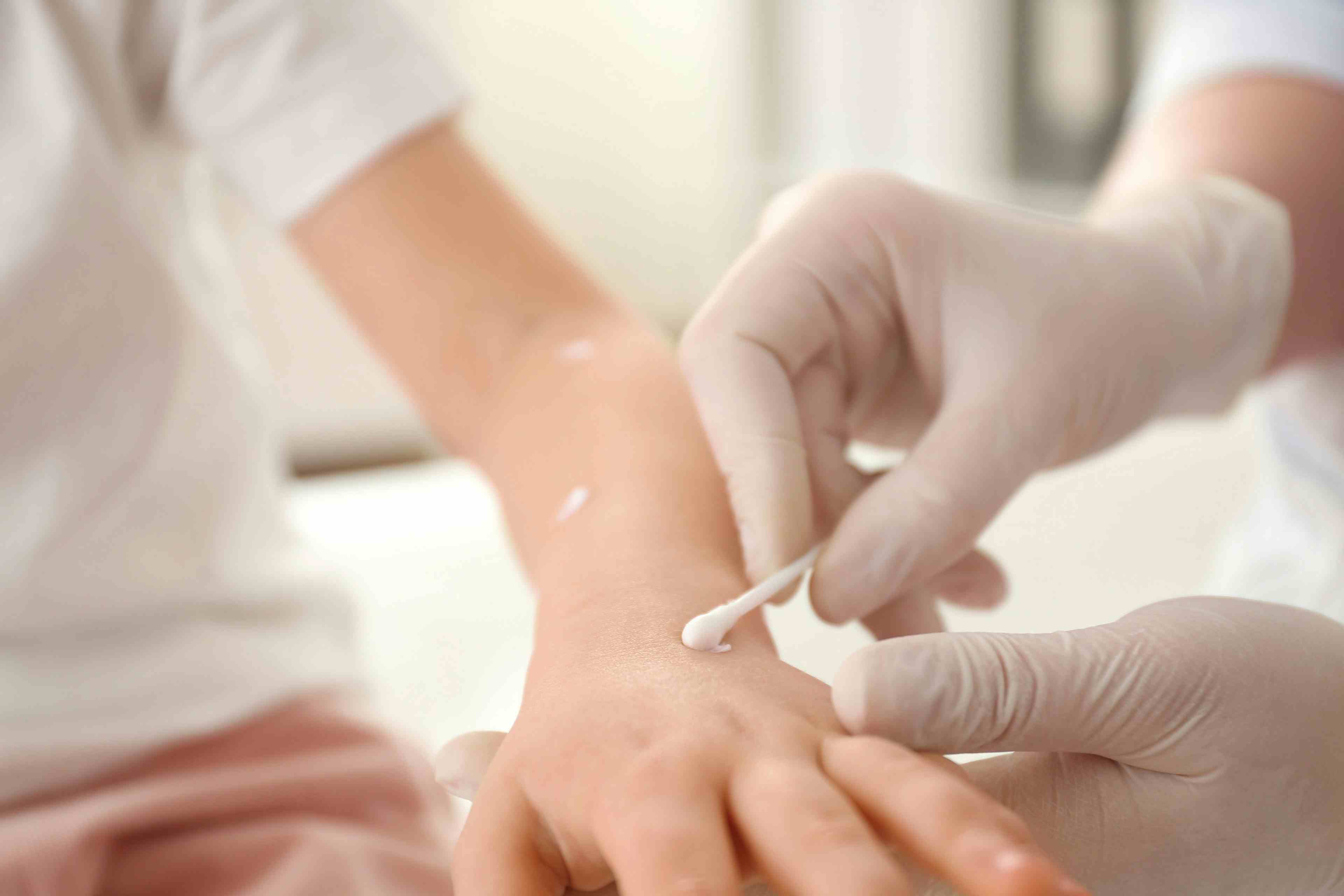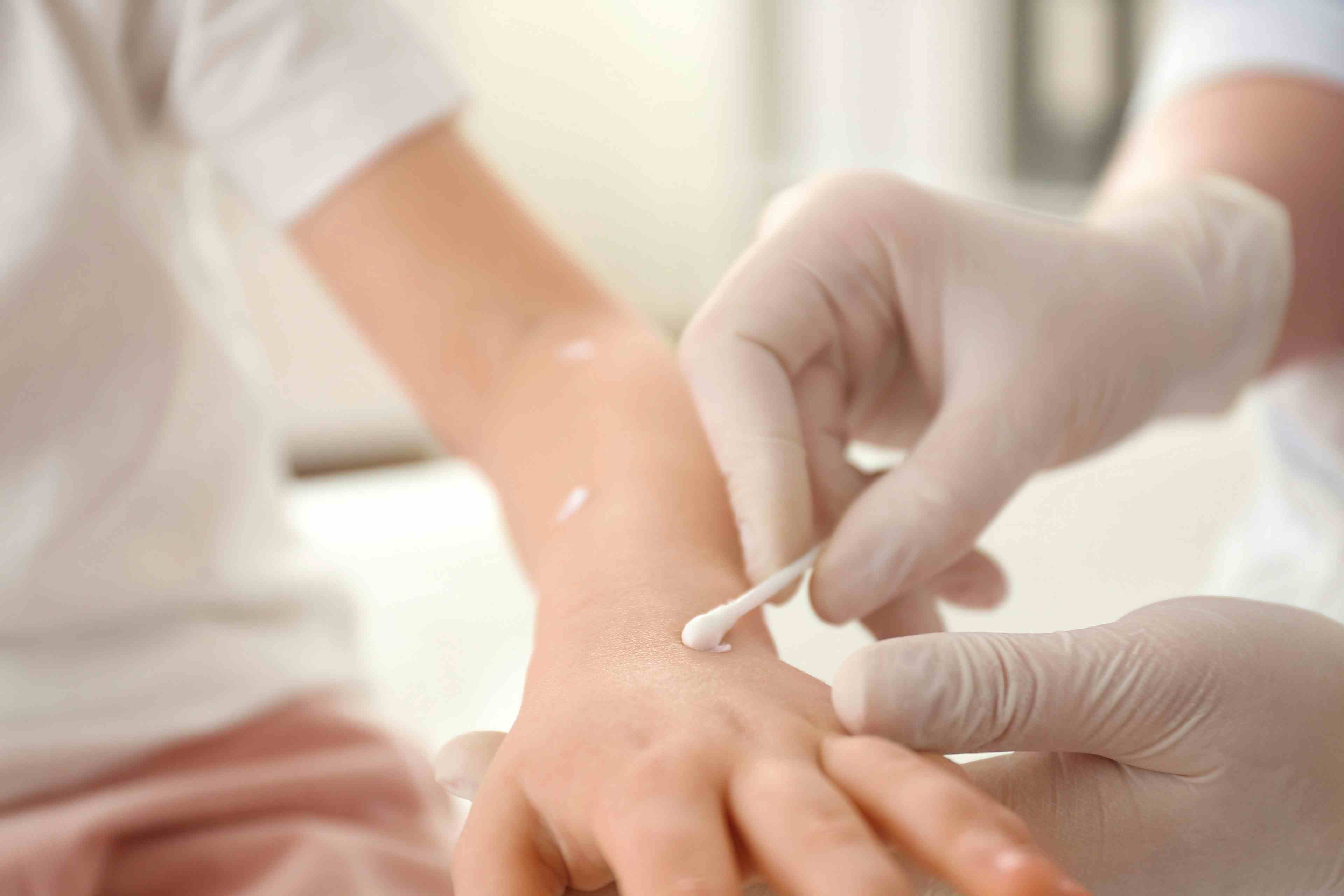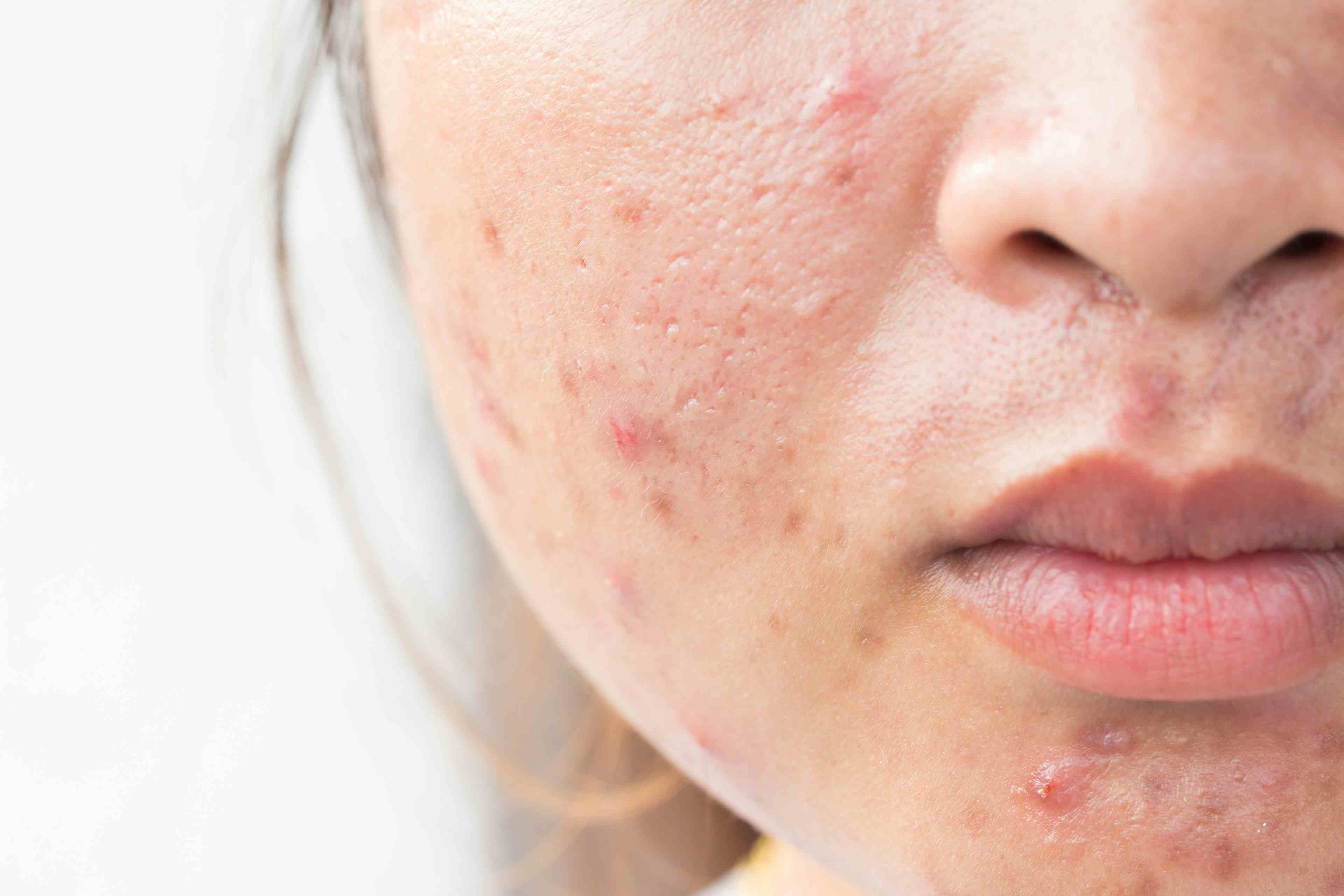- Acne
- Actinic Keratosis
- Aesthetics
- Alopecia
- Atopic Dermatitis
- Buy-and-Bill
- COVID-19
- Case-Based Roundtable
- Chronic Hand Eczema
- Chronic Spontaneous Urticaria
- Drug Watch
- Eczema
- General Dermatology
- Hidradenitis Suppurativa
- Melasma
- NP and PA
- Pediatric Dermatology
- Pigmentary Disorders
- Practice Management
- Precision Medicine and Biologics
- Prurigo Nodularis
- Psoriasis
- Psoriatic Arthritis
- Rare Disease
- Rosacea
- Skin Cancer
- Vitiligo
- Wound Care
Article
Instrument measures quality of life among rosacea patients
National report - Researchers are only beginning to understand how rosacea and it's treatment impact quality of life.

Suephy C. Chen, M.D., M.S., assistant professor, department of dermatology, Emory University, Atlanta, has developed an instrument, the RosaQoL, to assess quality of life specific to rosacea patients. Using this instrument, Dr. Chen and co-author Alan Fleischer, M.D., dermatologist, professor and chair of the department of dermatology, Wake Forest University School of Medicine, Winston-Salem, N.C., showed that at least one medication used to treat rosacea resulted in a significant quality-of-life impact.

In a study published last year (Fleischer A, Chen S. J Drugs Dermatol. 2005 Sept-Oct; 4(5):585-590), the dermatologists studied the outcomes of 583 patients with mild-to-moderate rosacea, who had been treated by physicians in the community who had used azelaic acid gel 15 percent (Finacea, Intendis), either alone or in combination with other treatments. They used the RosaQoL assessment tool, which involves asking patients 21 questions in an in-depth interview, to assess symptoms, emotion and function.
The authors found that subjects improved universally and significantly in all three areas, with the group receiving combination therapy, including azelaic gel, improving more than the azelaic gel-only group.
Varying treatment approaches
Dr. Fleischer says that he bases his approach to treatment primarily on the type of rosacea.
"There are people who just want to know why their face is red and has pustules, but it really does not bother them and they do not want treatment," he says.
The four main types of rosacea - erythematotelangiectatic, papulopustular, phymatous and ocular - usually require different treatment approaches. The phymatous and ocular types are best treated only with oral drugs; papular-pustular responds to several different treatments; and erythematotelangiectatic responds best to light treatments, he says.
Dr. Fleischer says the degree to which a patient is impacted emotionally or socially by rosacea might impact how aggressive he is with treatment.
"The question about whether to use a systemic agent versus topical treatment alone is an important one. If patients seem to be satisfied with wanting to try a topical treatment first, such as MetroGel (Galderma) or Finacea, then that is perfectly fine, and, if they do not respond, we can progress and add a systemic antibiotic. But if they are desperate for improvement quickly and are distressed, it is worth considering an oral antibiotic from the very beginning," he says.
Understand the impact
The problem is that many dermatologists are operating in the dark when it comes to how badly rosacea might be impacting their patients' quality of life.
"We know so much about quality of life issues with patients who have acne or psoriasis but have much less information on rosacea," Dr. Fleischer says.
For example, Dr. Fleischer has done research where one-quarter of psoriasis patients surveyed said they had contemplated suicide.
"No one has asked that when it comes to rosacea," he says. "Rosacea research is about where acne research was 20 years ago. But we need to know with great detail how it affects quality of life. We need to know which treatments have the largest positive effect on quality of life and which treatments do not."
Disclosure: Dr. Fleischer has been an investigator and consultant with Intendis and Galderma.
Newsletter
Like what you’re reading? Subscribe to Dermatology Times for weekly updates on therapies, innovations, and real-world practice tips.
















